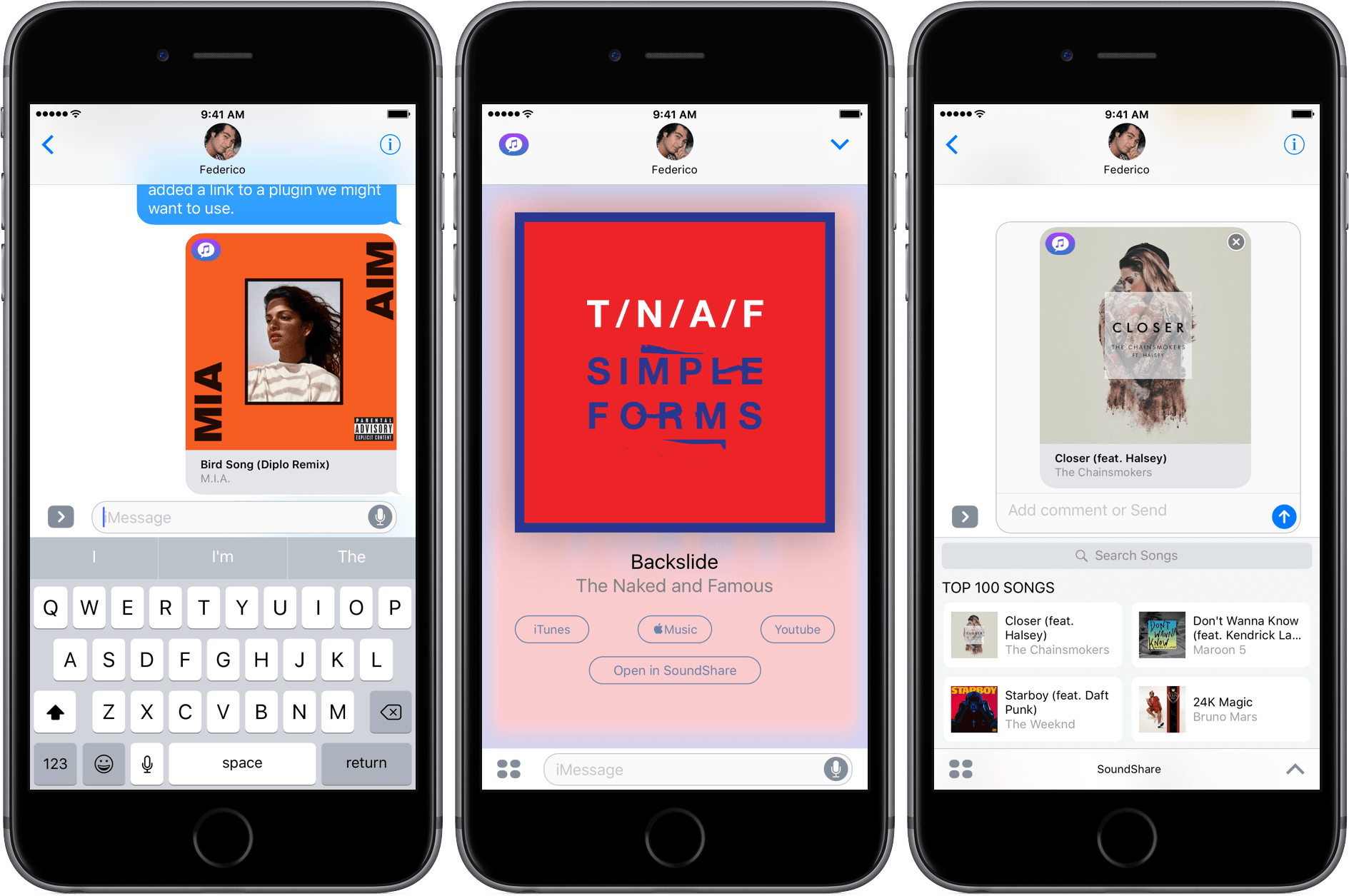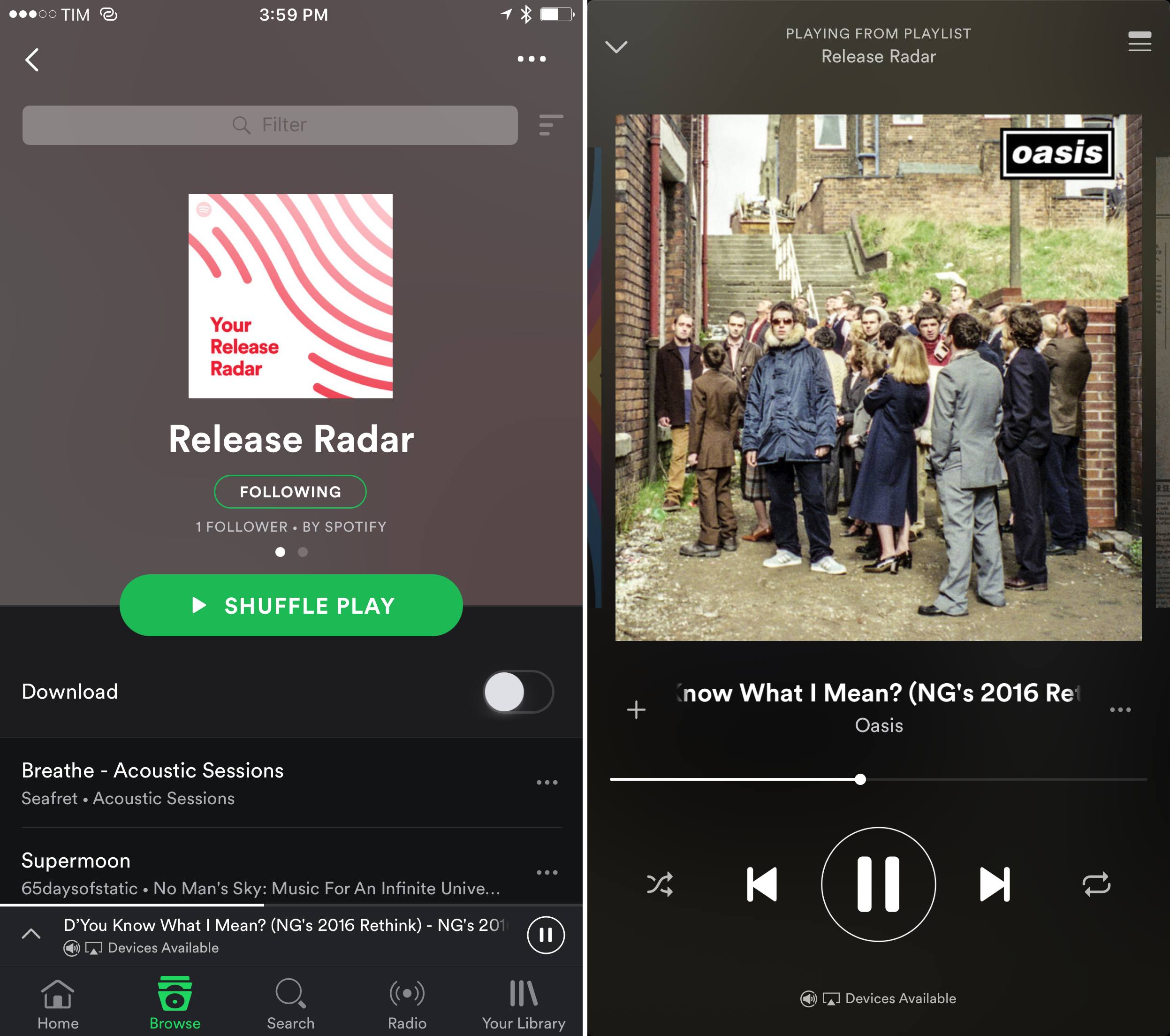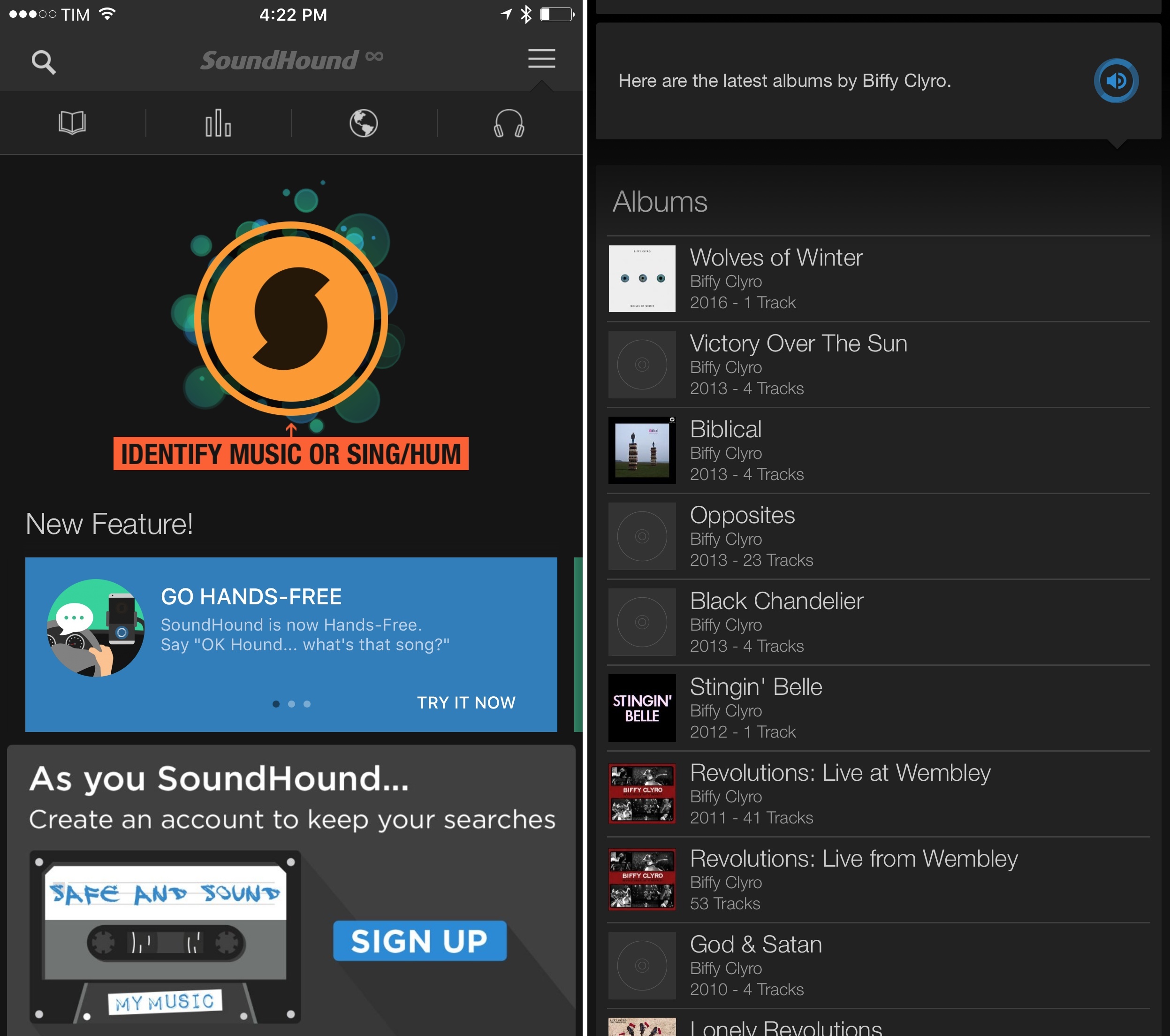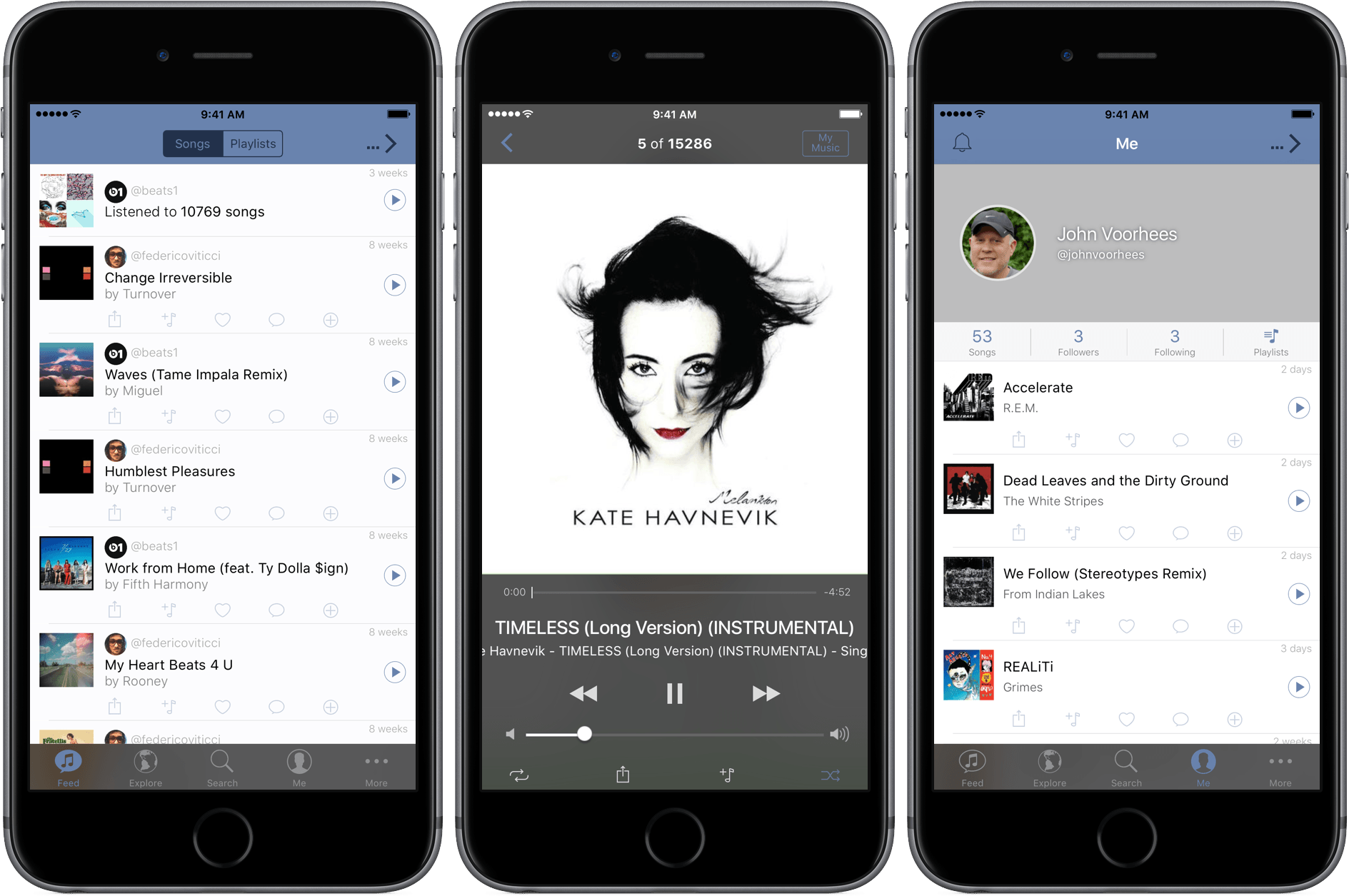Charles Joseph, developer of Picky, on the enhancements coming to the MediaPlayer framework in iOS 10.3:
I was genuinely surprised and elated to find that yesterday’s iOS 10.3 beta finally adds what looks like proper queuing functionality to
MPMusicPlayerControllerand I excitedly tweeted about it. Scott Edwards asked if I could “explain why that’s important to a non programmer”, so I’m going to try to do that here.Alternatives to Apple’s Music app (like Picky) need to be able to access and play the user’s iTunes library, unless they’re part of a streaming service (like Spotify) or providing their own syncing and library management and companion apps (quite the tall order). While developers can build incredibly advanced playback functionality with tools like AVFoundation, that’s only possible for an increasingly smaller subset of users’ libraries: only locally downloaded, non-DRMed content — nothing stored in the cloud and nothing downloaded from Apple Music. People are storing more and more of their music in the cloud and expect third-party apps to be able to keep up.
It sounds like Apple is listening to feedback from developers of third-party music players. The changes documented in the iOS 10.3 beta so far don’t address all the concerns Allen Pike covered last year, but it’s a good first step. I’m curious to see how apps will take advantage of the improved API.







